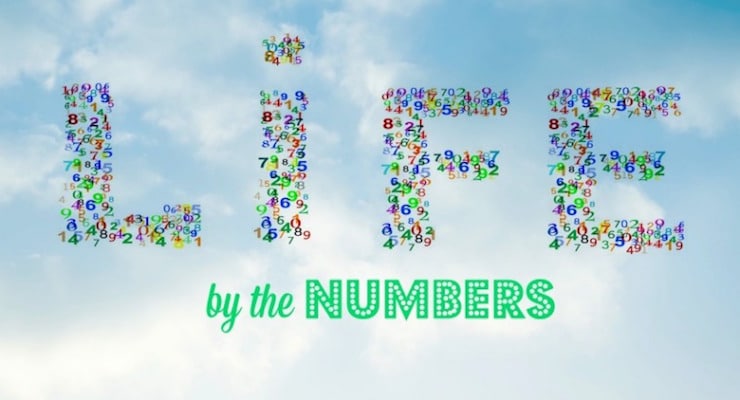

Numbers are how one keeps score. Those who engage in any competitive endeavor — business, sports, even weight loss — seek numbers to tell them how well they’re doing and how much better than how many other people.
Tracking numbers also keeps us occupied and distracts us from the most concerning number of all, the number of our days. Dwell on that and the other numbers don’t seem very significant. But most work hard to avoid thoughts of our mortality. (Consult “The Denial of Death” by Ernest Becker.)
Long before Scrooge McDuck dove joyfully into his pile of gold coins, money had been the classic device for keeping score, certainly for those who had it. But the explosion of number collecting and analyzing tools has expanded the ability and desire to count all kinds of things. And sometimes numbers become the end in themselves.
Many accomplished marathoners continue to run into their 50s and beyond. As they move past the best performances of their youth, you’d think their focus would turn in a less competitive direction — that they would be happy that they can still run and find simple pleasure in it.
But there’s now an interactive tool that lets them track their declining running times and see how they compete against others in decline. Ray Fair, a Yale economist and runner, developed a table into which runners may insert their best times ever for a particular race and at what age. Out pops a prediction of what they might expect as the years pass.
As Fair told a reporter, “they know they will slow down as they grow older, but as long as they slow down as much as the site says they will, they are fine.”
And if they slow down faster, one might ask, so what? That they’re still running seems rather impressive to us spectators. What’s going on? Masochism, narcissism, idle curiosity?
Fitness apps let any of us monitor every aspect of our “program” — workout times, intensity and nature of the activity. Calculators track calories burned and calories consumed. The daily jumping on the scale no longer suffices.
I tried one of these apps until it occurred to me that the four rowing sessions I did last month are of zero consequence in the now. What I do today or tomorrow is the only thing that can change my health for the better. More often than not, the app tormented me with reminders of lax months.
Social media serves the lust for competitive counting with its ever-changing lists of followers, friends, likes, Klout scores and such. And that can also feed depression. One is never going to measure up to Shakira and her reported 104 million friends.
Of course, there is no scientific measure of excellence in friend accumulation. As any psychiatrist will tell you, two close friends do more for one’s well-being than 100 casual acquaintances. Shakira has complained of loneliness, so there you have it.
My electric utility sends me a monthly report on how energy-frugal I’ve been compared with my neighbors. It contains all kinds of percentages on my and others’ electricity use attached to a colorful bar chart.
I did particularly well two months ago, when I was almost never at home. Had my mapping apps relayed my whereabouts data to the utility, the electric company could have produced a more meaningful comparison. (Or perhaps they had. Who knows these days?)
Is meditation a helpful escape from all this rumination? Oh, there are meditation apps, and one congratulates me whenever I complete a 10-session module. How are you doing?






